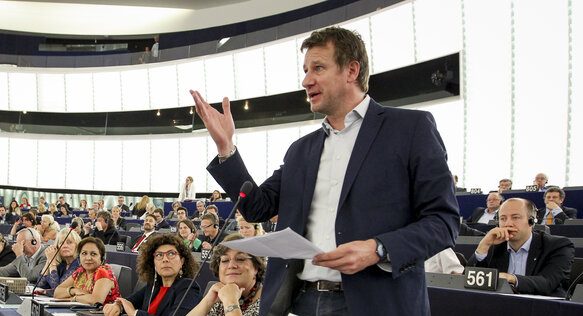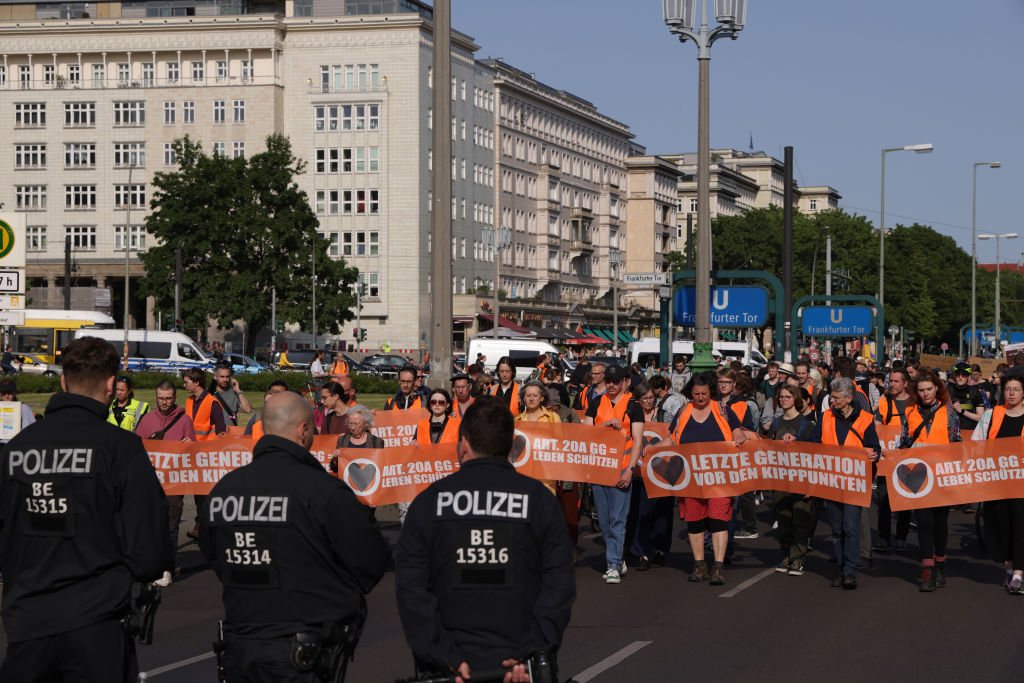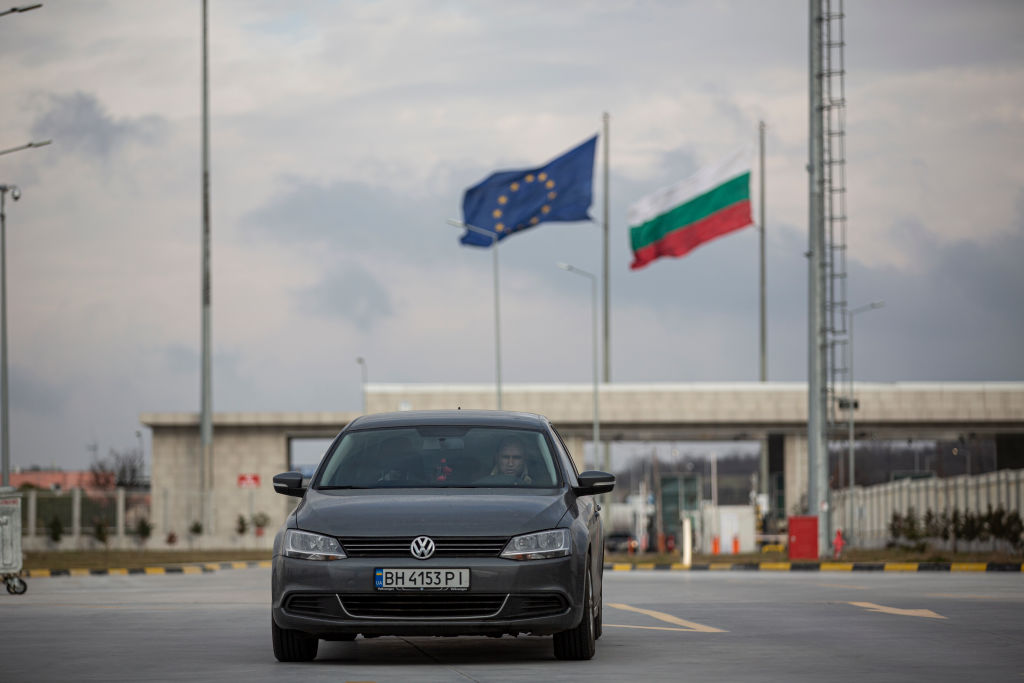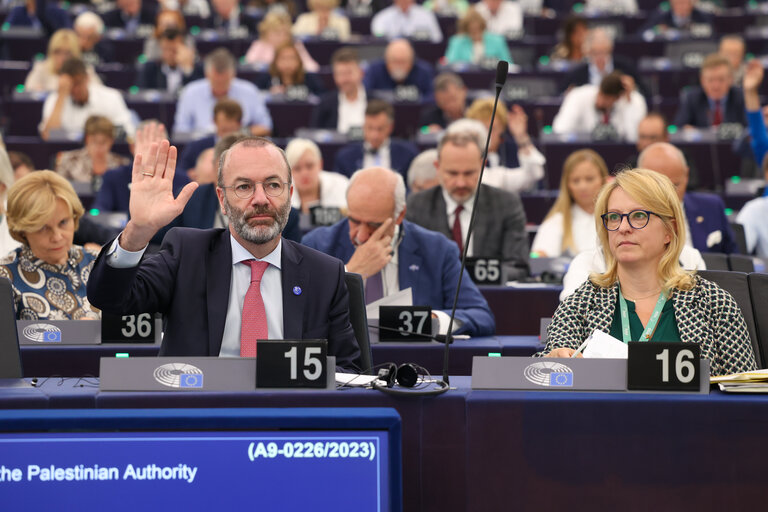Moderators hosting a European Union-Latin America forum were unable to speak Spanish, with one participant telling Brussels Signal the event descended into “chaos” as a result.
The forum was a smaller gathering held ahead of the main EU – Latin America and Caribbean Foundation (EU-ELAC) summit taking place from July 17 – where national leaders from both sides of the Atlantic will meet to discuss trade and political relations.
The smaller forum, called EU-LAC, mainly featured NGOs, youth groups and some local EU politicians. The purpose of the event was for the participants to build connections and, through workshops, formulate recommendations for the European and Latin American leaders to discuss at the main meeting.
Unfortunately, in the EU-LAC workshops, talks and panel discussions, the speakers and audience found themselves awkwardly facing a language barrier.
In the presence of dignitaries and NGO representatives from Spain, the Caribbean and Latin America, many participants found that a number of moderators could not understand what their guests were saying.
While the EU is no stranger to language barriers, the matter was made worse as there were no Spanish- or Portuguese-speaking interpreters available at the forum.
At several points, volunteers from the audience had to be asked to make impromptu translations. The Brussels Signal source also described one Spanish-speaking official present as refusing to offer any translation, for “no clear reason”.
“Everyone thought it was weird,” the source said.
The EU’s star guest, European Commissioner for International Partnerships Jutte Urpilainen, did not make a good impression either.
In charge of the EU’s efforts to build international partnerships in aid and development, Urpilainen, who is Finnish, apparently did not have building bridges at the top of her agenda. Despite being scheduled to participate in several of the forum’s events she only made very brief appearance.
While Urpilainen was keen to advertise her talk, those present were less impressed. One audience member said her speech had “zero emotion or depth of the topic of the Latin America-Caribbean region”.
Politicians come and go, real #EULAC partnership is made every day by the people.
Connections between people and cohesion within societies are the basis for prospering together.
Our new €60-million ?? programme on Inclusive Societies will help tackle inequalities. pic.twitter.com/awcSJO5NIo
— Jutta Urpilainen (@JuttaUrpilainen) July 13, 2023
With the lack of translators and a Commissioner who was, it seems, just passing through, it was the other attendees who suffered most. Many youth groups, for instance, had travelled from South and Central America to be there, only to end up feeling “so left out”, according to one.
Analysts point out that Latin America has become something of a battleground on the international stage, with China and even Russia making inroads on the continent, leaving many in the EU keen to counter this.
Participants say the forum event signalled a bad diplomatic start, as it looked as though Europe is not serious and was even “patronising” in its outlook on Latin America and the Caribbean (LAC).
“The EU is treating LAC from above by not even sending someone skilled, or even translating everything right to include everyone [at the event],” the Brussels Signal source said.
“It’s understandable if the LAC governments would rather work with China than with the EU.”





